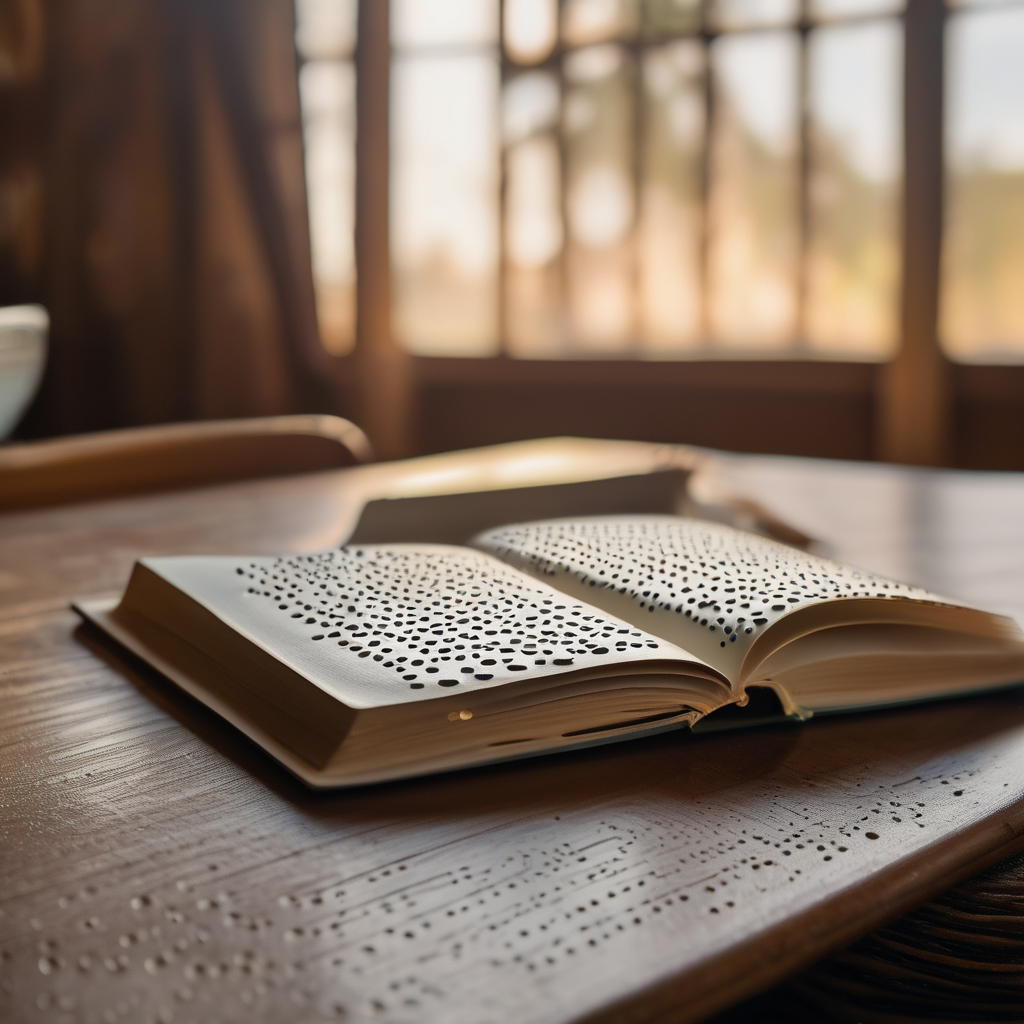In 1990, a significant milestone for the visually impaired community in Fiji was marked with the opening of a $30,000 early intervention unit by the Society for the Blind in Suva. The event was officially inaugurated by Lady Bale Ganilau, the society’s patron. According to a report by The Fiji Times from March 27, 1990, the newly established two-bedroom unit was designed to provide accommodation for blind children and their parents visiting Suva for medical care, assessments, and specialized training.
During her speech, Lady Ganilau expressed the profound impact that the facilities affiliated with the society—including the School for the Blind, the Rural Rehabilitation Program, and the hostel—have had on illuminating the lives of the visually impaired, instilling hope and encouraging resilience. “The Early Intervention Unit that has been established is a sterling example of the realization of faith, hope, and charity,” she remarked.
The foundation for this initiative was laid in July 1984 with a workshop aimed at training field workers and volunteers, facilitated by Frances Wiesenfeld, a consultant from the Helen Keller Institute. Ram Shankar, the president of the Society for the Blind, highlighted the program’s focus on early education and social intervention, enabling the start of essential learning for handicapped children as early as possible.
Additionally, there was a collaborative fundraising effort called the Blind Appeal, launched in 1989, which successfully raised $30,737. The total expenditure for the unit, which amounted to $30,479, was largely covered by community donations of furnishings, kitchen fittings, utensils, and other household items from local businesses and charitable organizations.
This dedication to the welfare of the visually impaired in Fiji echoes similar initiatives aimed at improving living conditions for disabled individuals. For instance, efforts instituted in 1984 established a residence for girls with disabilities that aimed to foster independence and provide suitable living arrangements, allowing them to lead more autonomous lives.
These longstanding programs exemplify a hopeful trajectory towards enhancing the quality of life for disabled individuals in Fiji. Community support, alongside corporate contributions, has played a significant role in empowering these groups, fostering an environment where children can pursue education, gain independence, and look forward to brighter futures.
